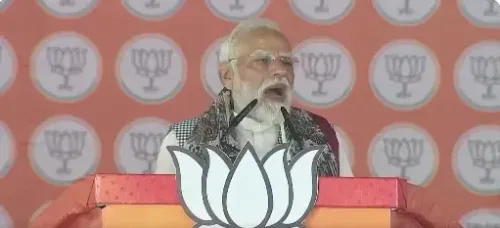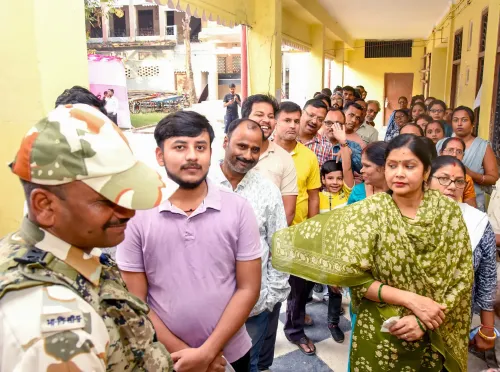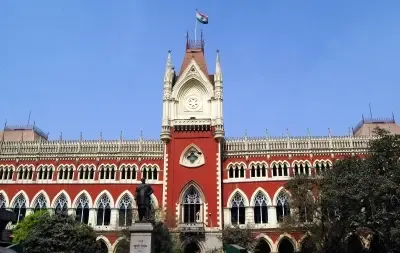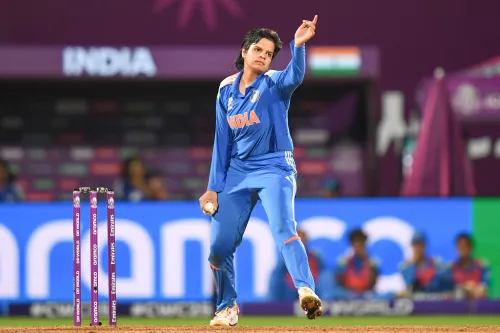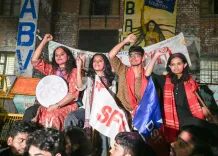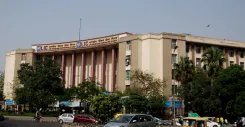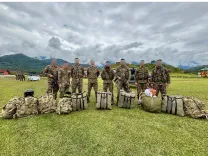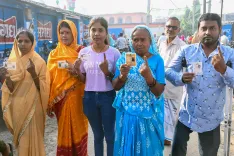How are ‘Gaon Burahs’ & ‘Gaon Buris’ Leading Rural Transformation?
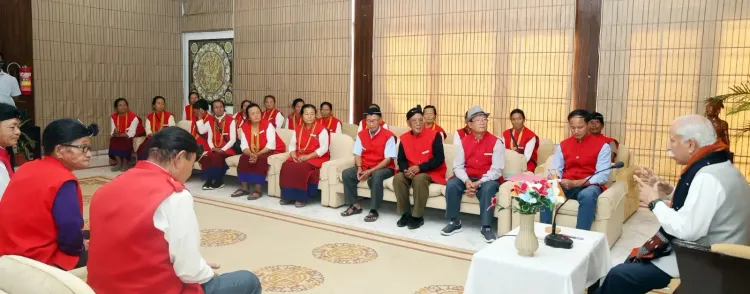
Synopsis
Key Takeaways
- Gaon Burahs and Gaon Buris serve as vital links between the community and administration.
- Their leadership influences the well-being and future of their villages.
- Education is crucial for empowering the next generation.
- Cleanliness is a shared responsibility for community health.
- Addressing drug abuse requires community involvement and proactive measures.
Itanagar, Nov 6 (NationPress) The Governor of Arunachal Pradesh, Lt. General KT Parnaik (Retd), emphasized the vital role of Gaon Burahs and Gaon Buris in addressing various social challenges, including the natural farming movement, the smart village initiative, and the overall developmental trajectory of the state.
A group of Gaon Burahs and Gaon Buris from Ziro in the Lower Subansiri district engaged with the Governor at Raj Bhavan to discuss pressing local matters.
Gaon Burahs and Gaon Buris serve as traditional village leaders in several Northeastern states, acting as a crucial bridge between local governance and the village populace, overseeing issues related to law, order, development, and administration.
The Governor asserted that Gaon Burahs and Gaon Buris are the torchbearers of transformation in rural areas and the primary custodians of the community’s well-being.
He remarked that their leadership shapes the health, happiness, and future of the community while contributing to the nation's vision of Viksit Bharat.
Lt. General Parnaik (Retd.) reiterated that development originates not from offices, but from villages, driven by dedicated leaders who actualize vision into tangible results.
He reminded attendees of the Swachh Bharat initiative, stressing that maintaining cleanliness is a shared responsibility that transcends government initiatives.
The Governor urged Gaon Burahs and Buris to motivate every household to maintain cleanliness at home and manage waste properly. A clean environment fosters healthier families and a more robust community, he noted.
Commending the adult education initiatives led by the Gaon Burahs, he stated that education is a powerful instrument for village transformation.
He encouraged them to ensure that every child, regardless of gender, completes their basic education before entering adulthood. An educated child emerges as an empowered citizen, destined to become the doctors, teachers, and leaders of tomorrow. When a child drops out, the entire community forfeits a piece of its future, he remarked.
Expressing his concern over the drug crisis, the Governor stated that drug addiction is more than just an individual issue; it is a societal poison that devastates families, undermines communities, and jeopardizes the future of youth. It initiates crime, deteriorates health, shatters homes, and diminishes productivity. Progress is unattainable if the youth succumb to addiction.
We must perceive this as a struggle for the soul of our society. Identifying vulnerable youth and steering them towards sports, skills training, and community engagement is imperative, he added.
A delegation led by Yachang Tago, political interpreter, Ziro, comprising 16 Gaon Buris and 7 Gaon Burahs from Dutta, Mudang Tage, and Bamin villages, had an enlightening discussion with the Governor.
Subsequently, the Gaon Burahs and Buris toured the Raj Bhavan complex, where they observed various innovative pilot projects in horticulture, animal husbandry, and agriculture introduced under the Governor’s initiatives.
These model projects are meticulously tailored to the state’s unique climate, terrain, and traditional practices, aiming to motivate farmers, youth, and communities across Arunachal Pradesh to adopt modern, sustainable, and income-generating approaches.

